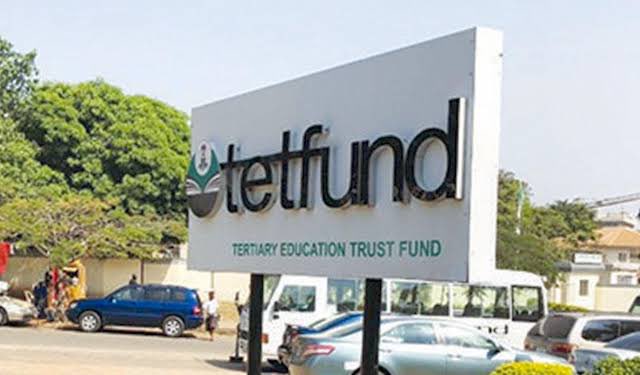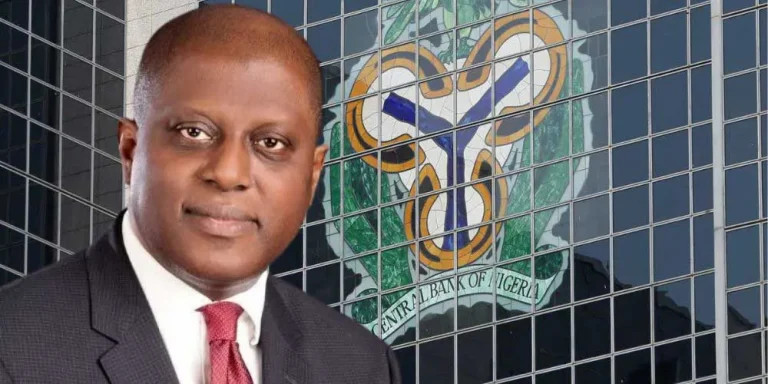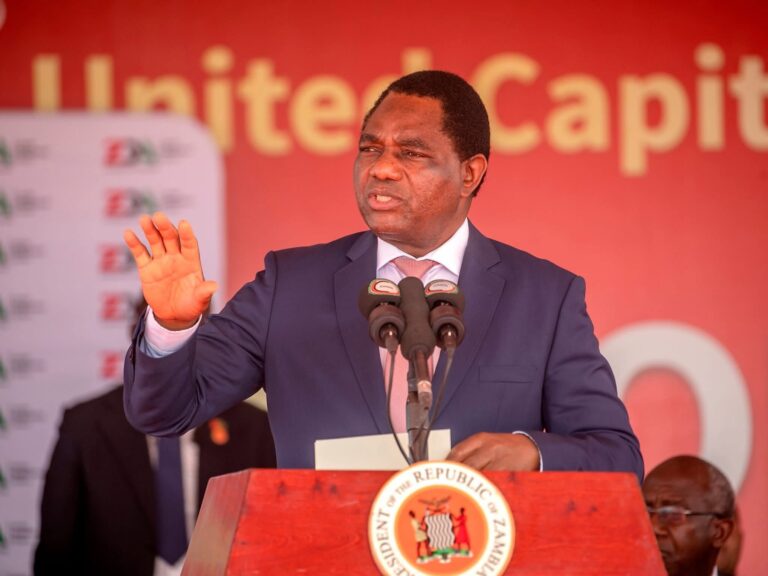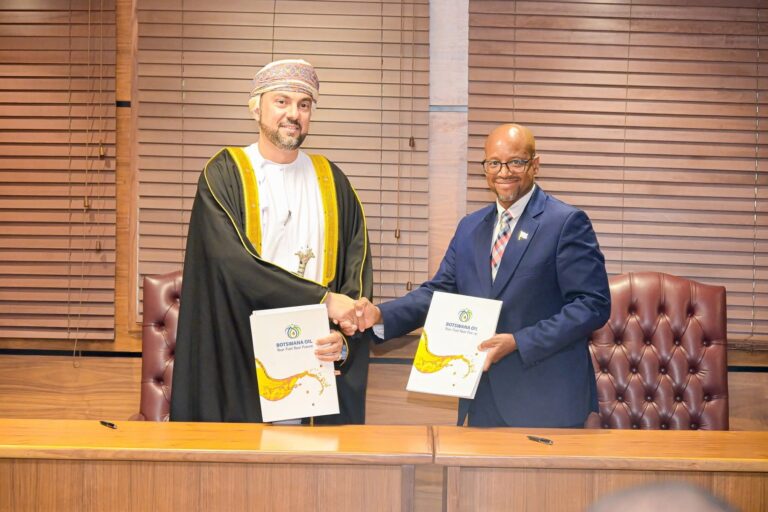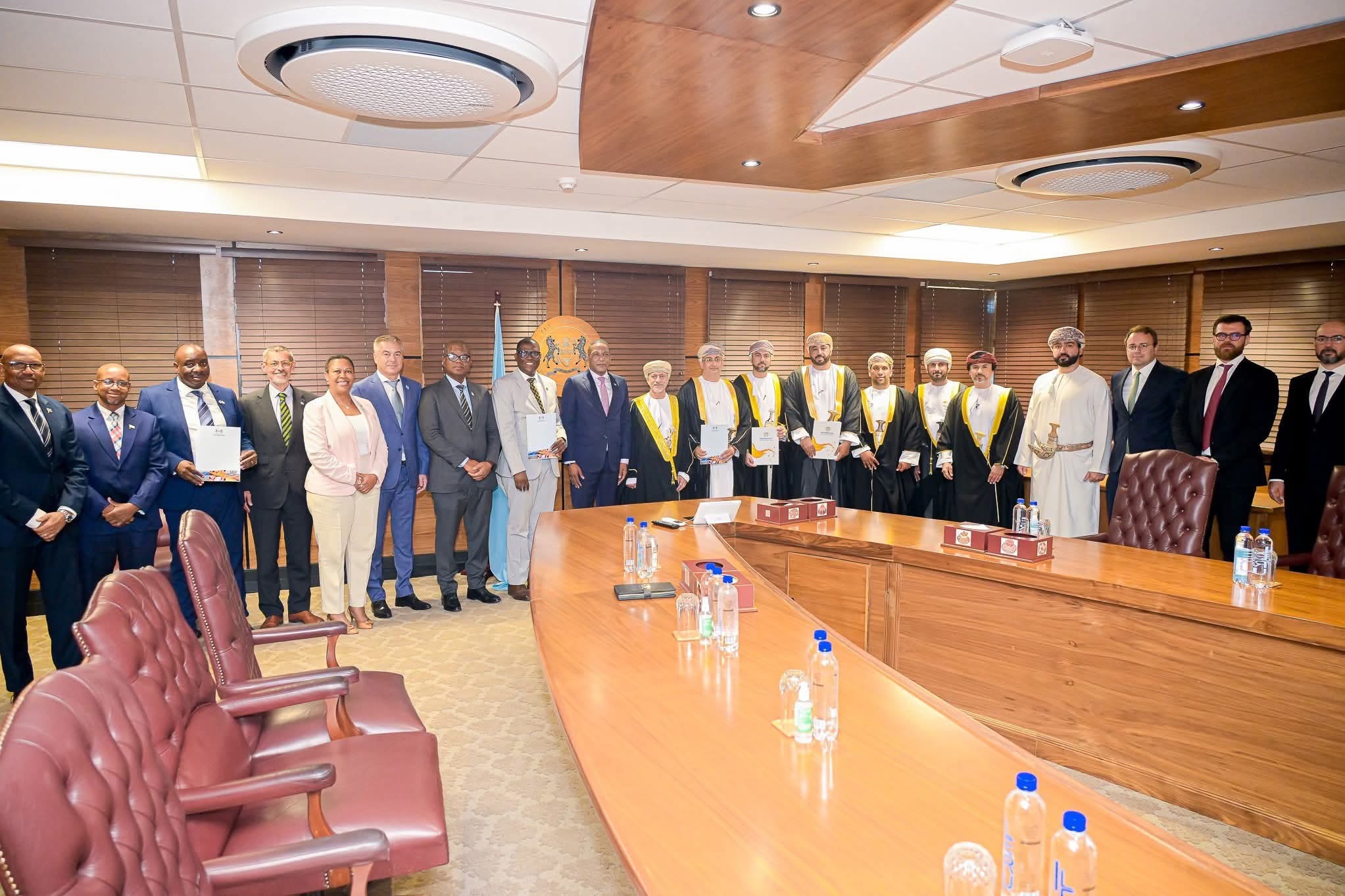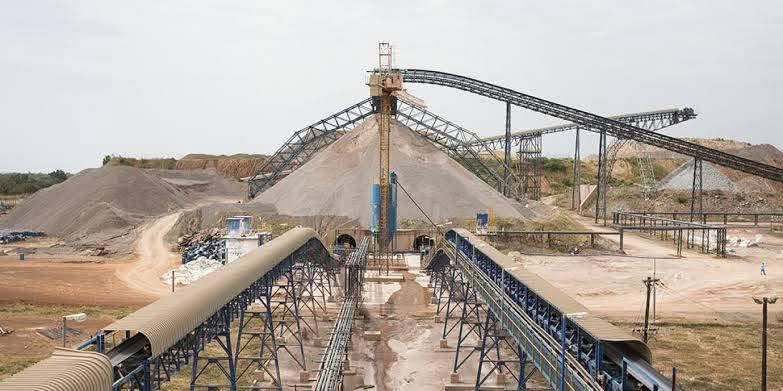Across many parts of rural Southwest Nigeria, a slow but noticeable shift has been taking place. It is not a conflict marked by gunfire or confrontation. Rather, it is a gradual change shaped by migration, abandoned land, weak governance, and evolving economic patterns.
The story begins deep in the countryside, far beyond the paved roads and the reach of regular transport. In these remote farming zones, one thing stands out immediately: many of the people working the land today are not the original landowners. Local families are steadily retreating from agriculture, while migrants from neighbouring countries and mobile pastoral groups have developed firm roots in the area.
What looks like ordinary farming at first glance reveals a much wider transformation involving land use, population movement, trade networks, and community influence.
Recognising the Strategy Behind the Shift
Anyone who spends time in these forested communities begins to see consistent patterns.
1. Selective grazing and crop damage
Farmers often report that cattle stray into their fields, damaging crops such as maize, cassava, and yam. Yet the herders’ own farms, usually located deeper in the forest, remain untouched. Their fields grow undisturbed. This selective pattern is not accidental. It reflects an organised approach to managing land and protecting assets.
2. Expanding farms deeper into the bush
Many migrant farmers cultivate tomatoes, onions, vegetables, ginger, and yam far inside the forest. They move their produce through trusted local intermediaries, gradually becoming major suppliers to nearby markets. In time, the local economy depends heavily on them, shifting both influence and bargaining power.
3. Building mobility and economic strength
A good harvest provides profit. Profit becomes a motorcycle. The motorcycle becomes a tool of transport, trade, communication, and, when needed, quick mobilisation. In rural West Africa, mobility is power. It shapes commerce, access, and the ability to secure territory.
4. Forming social roots through marriage
Long-term settlers often marry into local families. This brings language familiarity, legitimacy, generational ties, and in some cases, inheritance rights. Over time, these connections help turn visitors into established community members.
5. Growing population and deeper settlement
As numbers grow, networks expand. Presence becomes permanence. Territory becomes shared, then eventually redefined through everyday interaction, commerce, and community life.
This pattern is not unique to one village. Variations of it are visible across Oyo, Ogun, Osun, Ekiti, Ondo, Kwara, Edo, and parts of the North-Central region.
The Emerging Security Concern
It is important to recognise that many migrants in these forests are ordinary farmers seeking livelihood. However, the absence of regulation and monitoring creates room for more dangerous actors, including those linked to smuggling, kidnapping, or arms trafficking.
Local farmers often feel isolated. A single farmer has little support. A herder, on the other hand, may be connected to a wider network capable of providing help quickly. This imbalance discourages confrontation and strengthens the influence of well-organised groups.
How Governance Gaps Enabled the Shift
Several long-standing institutional failures have shaped the present situation:
• Rural security structures are weak
• Local governments offer little oversight
• Border checks are inadequate
• Forest surveillance is minimal
• Agricultural youth programmes are insufficient
• Traditional authorities hold less influence than before
Where government presence fades, another group naturally fills the space. Across West Africa, similar patterns have appeared in Ghana, Ivory Coast, Burkina Faso, Mali, and the DRC. When formal institutions weaken, new informal systems grow in their place.
The Southwest’s Challenge
The heart of the problem is not migration itself. It is the existence of large, unregulated forest settlements operating outside any clear structure. Without proper documentation, monitoring, or collaboration, these communities become difficult to manage in moments of tension.
Recent incidents in Oyo, Ekiti, Ondo, and Ogun have shown how vulnerable these areas can be when criminal actors embed themselves within unregulated populations.
What Must Be Done
1. Proper mapping and documentation of forest settlements
Government and community leaders need clear information on who lives where, and for what purpose.
2. A structured community-based security model
Local hunters, Amotekun, and trained officers should work together through intelligence-driven systems rather than reactive enforcement.
3. Programmes that bring young people back to agriculture
If locals do not return to farming, rural land will continue to be occupied by those who do.
4. Stronger border and migration controls
Entry points need organised surveillance and proper registration processes.
5. A modern pastoralism framework
Ranching, identifiable livestock, and regulated movement would reduce conflict and improve accountability.
6. Neutral and transparent governance
Security agencies and political leaders must avoid favouring any group. Balanced justice builds trust and reduces tension.
A Warning Rooted in Reality
Territories are rarely lost in a single moment. They fade when people move away, when institutions weaken, and when others fill the gap. The Southwest is experiencing a shift created not by force, but by absence—absence of locals on their land, absence of strong governance, absence of clear policy.
The issue is not about ethnicity or nationality. The deeper danger lies in ungoverned spaces, weak institutions, and unchecked settlement patterns that allow criminal elements to operate unseen.
If the region does not strengthen its rural presence, the forests will continue shaping the future on their own terms.
Based on an analysis by Adeolu Akinyemi.




